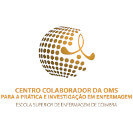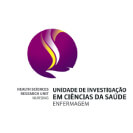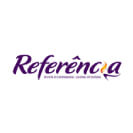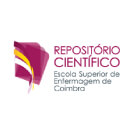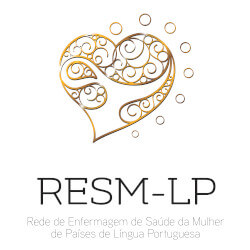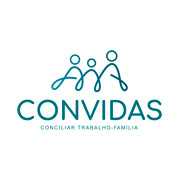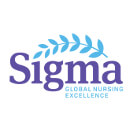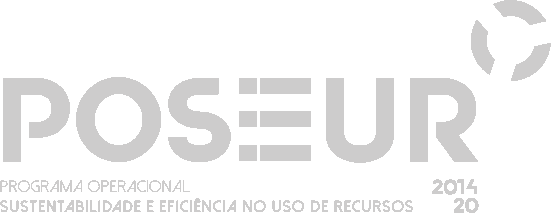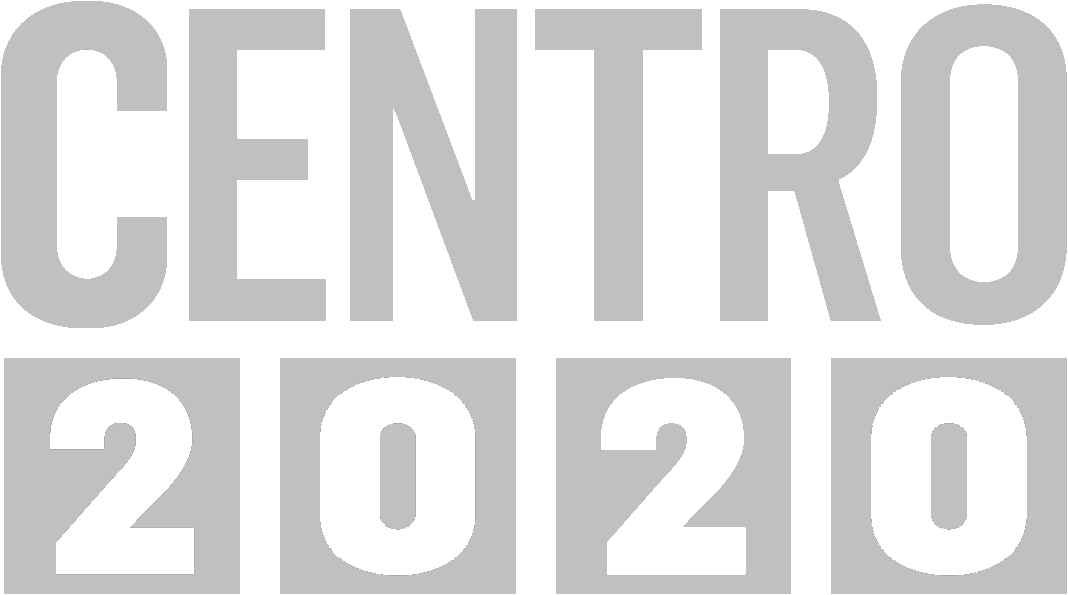Project’s synthesis
The InfPrev4africa project aims to help Higher Education Institutions of Nursing in Sub-Saharan Africa (SSA) promote the development of nursing students' skills in preventing and controlling healthcare-associated infections (HAIs). This action will address the need to improve healthcare quality in this area.
By intervening in the training process of future professionals and strengthening the link between academia and current professionals, the project intends to improve the quality of higher education in SSA, highlighting the relevance of higher education in the labor market and society based on the level and potential of competencies and skills developed.
To achieve these objectives, the InfPrev4africa project has created an innovative nursing curriculum focused on the prevention and control of HAIs. By doing so, it has innovated the selection and approaches to content and learning objectives and improved the teaching/learning methods/tools of the partners, which ultimately will allow students to develop high-level critical thinking skills and creative and entrepreneurial spirits.
The project’s main outcome is an innovative pedagogical model - the InfPrev4frica model – that formally addresses the project’s objectives considering the cultural and healthcare reality of SSA. The project's main activities include designing, piloting, evaluating, and implementing the InfPrev4frica model and simulation scenarios. These will be compiled in the InfPrev4frica e-book. The InfPrev4frica model uses innovative methods and tools, including learning based on simulation scenarios, and its new pedagogical concepts are estimated to reach up to 70 nursing faculty, 200 nurses/stakeholders, and 1,200 nursing students. The InovSafeCare community in SSA will be responsible for further disseminating these concepts..
Reference: ERASMUS-EDU-2022-CBHE-STRAND-2 | 101083108
Financiado pela União Europeia. Os pontos de vista e as opiniões expressas são as do(s) autor(es) e não refletem necessariamente a posição da União Europeia ou da Agência de Execução Europeia da Educação e da Cultura (EACEA). Nem a União Europeia nem a EACEA podem ser tidos como responsáveis por essas opiniões.

